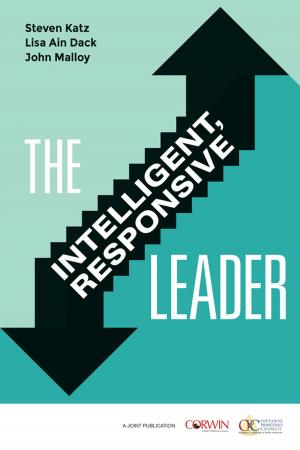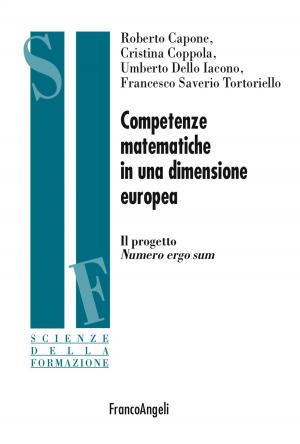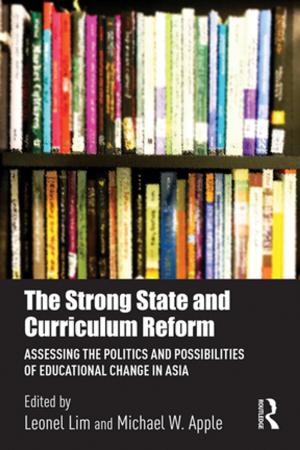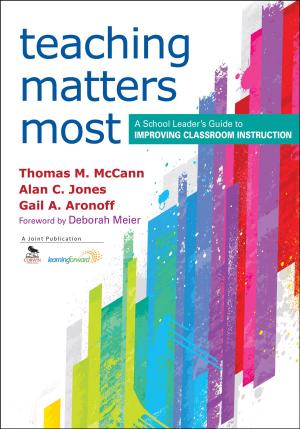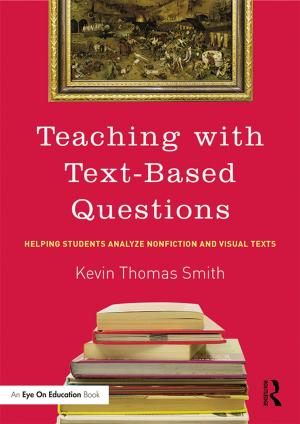Striker Jones and the Midnight Archer Teacher's Companion
Nonfiction, Reference & Language, Education & Teaching, Educational Theory, Curricula| Author: | Maggie M. Larche | ISBN: | 9781311719546 |
| Publisher: | Maggie M. Larche | Publication: | June 12, 2014 |
| Imprint: | Smashwords Edition | Language: | English |
| Author: | Maggie M. Larche |
| ISBN: | 9781311719546 |
| Publisher: | Maggie M. Larche |
| Publication: | June 12, 2014 |
| Imprint: | Smashwords Edition |
| Language: | English |
Come see why the Midwest Book Review calls Striker Jones a "fun and rollicking series" with "effortless teaching of both cooperation values and basic economics."
The Striker Jones and the Midnight Archer Teacher's Companion is the companion to the second book of the Striker Jones economics series for kids. As a self-contained economics curriculum for elementary school students, use it to enrich your social studies units and expose your students to economic concepts beyond buying and selling.
Organized according to the ten chapters in the book, each lesson explores the economic concepts raised in Striker Jones and the Midnight Archer. The lessons include vocabulary, discussion topics, fun group activities, and individual assignments. Concepts covered include wants vs. needs, supply and demand, entrepreneurship, scarcity, knowledge in decision-making, buying behaviors, substitutes and complements, free vs. planned economies, specialization, tragedy of the commons, black markets, rationing, resources, investment, and standard of living. For additional concepts, see the first book of the series, the Striker Jones Teacher's Companion.
Containing the full second Striker Jones novel, it is aligned to Common Core reading and language arts standards (for teachers who must follow Common Core), as well as the microeconomic voluntary national economic standards set by the National Council on Economic Education.
Best of all, this curriculum does not require any previous knowledge of economics on the educator's part. It's ready to go!
"Striker Jones is an excellent text for older elementary students beginning to grasp more and more complicated economic concepts. Through its easy flowing narrative with lots of conversational dialogue, children will learn to see that economics affect their daily life far more than they realized!" - Rutgers University Project on Economics and Children
Come see why the Midwest Book Review calls Striker Jones a "fun and rollicking series" with "effortless teaching of both cooperation values and basic economics."
The Striker Jones and the Midnight Archer Teacher's Companion is the companion to the second book of the Striker Jones economics series for kids. As a self-contained economics curriculum for elementary school students, use it to enrich your social studies units and expose your students to economic concepts beyond buying and selling.
Organized according to the ten chapters in the book, each lesson explores the economic concepts raised in Striker Jones and the Midnight Archer. The lessons include vocabulary, discussion topics, fun group activities, and individual assignments. Concepts covered include wants vs. needs, supply and demand, entrepreneurship, scarcity, knowledge in decision-making, buying behaviors, substitutes and complements, free vs. planned economies, specialization, tragedy of the commons, black markets, rationing, resources, investment, and standard of living. For additional concepts, see the first book of the series, the Striker Jones Teacher's Companion.
Containing the full second Striker Jones novel, it is aligned to Common Core reading and language arts standards (for teachers who must follow Common Core), as well as the microeconomic voluntary national economic standards set by the National Council on Economic Education.
Best of all, this curriculum does not require any previous knowledge of economics on the educator's part. It's ready to go!
"Striker Jones is an excellent text for older elementary students beginning to grasp more and more complicated economic concepts. Through its easy flowing narrative with lots of conversational dialogue, children will learn to see that economics affect their daily life far more than they realized!" - Rutgers University Project on Economics and Children



